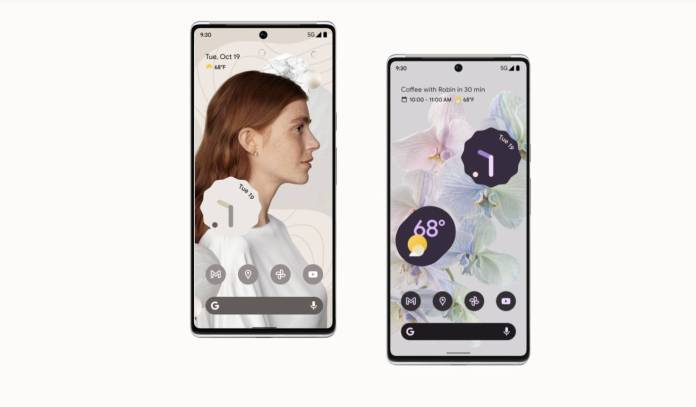
One of the selling points that Google is pushing about its Pixel 6 and Pixel 6 Pro is that it has fast-charging capabilities. While they don’t actually include a fast charger when you buy the new flagship device, they do have a 30W Fast Charger available for sale at $25. They claim you can get 50% of juice in just 30 minutes. Unfortunately, further tests conducted on the smartphones and their charging capabilities fall short of the promised charging speed.
Android Authority conducted fast charging tests on the Pixel 6 and found out that the maximum charging speed that it can give you is only 22W and not the advertised 30W. If you turn off the Adaptive Charging and Adaptive Battery settings, it took them 111 minutes to fully charge a Pixel 6 Pro device and its 5,000 mAh battery. And if you compare it to the older Pixels and their 18W Power Delivery unit, there is actually not much difference.
Well, when Google said that you can get to 50% in 30 minutes, there was truth to that. What they failed to account for or tell users is that the maximum charging speed is just 22W. There’s also a big dip in the final 50% after the initial 30 minutes it takes to get to the first 50%. It goes down to 12W at 75% and then 2.5W when it’s nearing 100%. In fact, it takes a whole hour to get to the final 15% of charging. So all in all, it takes almost 2 hours to fully charge the Pixel 6 Pro.
Technically, what Google said is that the new Pixel devices support “up to 50 percent charge in 30 minutes with Google 30W USB-C Charger with USB-PD 3.0 (PPS)” so they did not explicitly say it’s up to 30W charging. But if the Fast Charger that they’re promoting cannot fully utilize its advertised 30W, what’s the point in pushing for it? Why not just use existing USB-C chargers that can still power up the device without users having to spend an extra $25?
If you’d like to know more about the charging test that Android Authority did on the new Pixel devices, you can click on the source link. Maybe it can help you decide whether or not to get the USB PD PPS instead of making do with the regular USB PD standard that you probably have already.









